
Please Share your Email if you Wish to Receive the Golden Tips & Tales Newsletter from History of Ceylon Tea Website
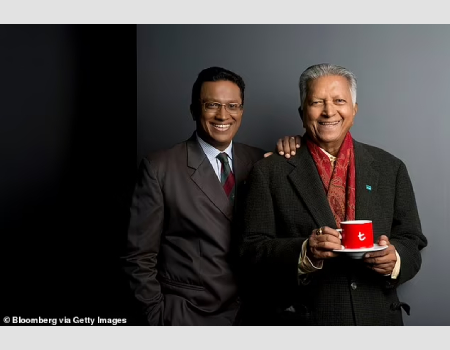
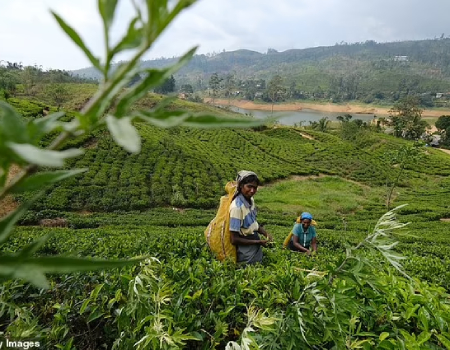
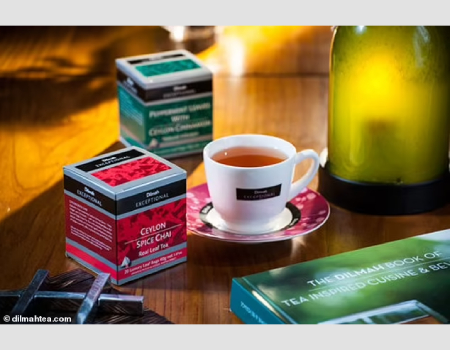
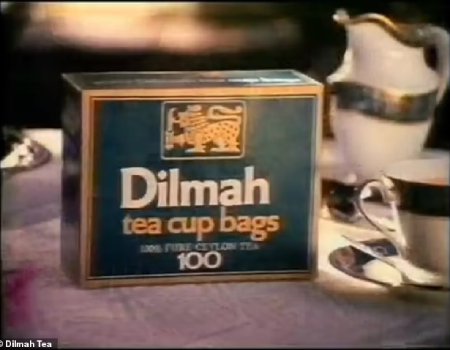
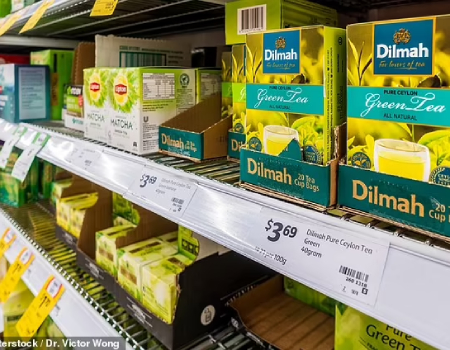
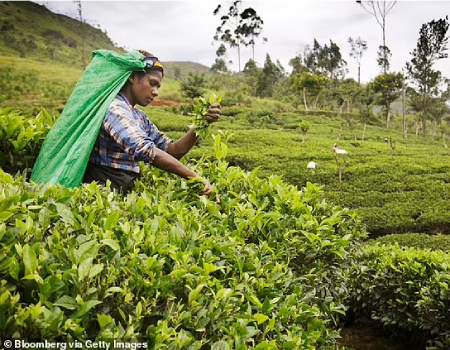
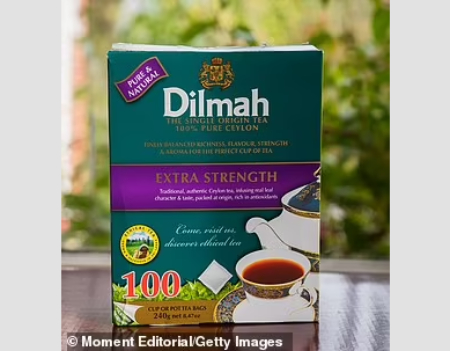
Dilmah Tea - a staple of Australian kitchens since its founder Merrill Fernando made his first deal with Coles back in 1985 - is in crisis Down Under.
Australia was the first country the Sri Lankan brand expanded to with its packaged tea - rather than bulk sales - which is now sold in 104 countries across the globe.
While Dilmah remains the 10th biggest tea brand in the world, it hasn't made a cent in Australia since 2009.
Chief executive Dilhan Fernando told Daily Mail Australia Dilmah continues to operate in Australia because of the 'debt of gratitude' the company owes to the country.
'We have a very sentimental link with Australia because it's where my father (Merrill) launched Dilmah,' he said.
'We owe a tremendous debt of gratitude to the Australian consumer, which is why we've been following... what would seem on the outside to be a foolish decision to stay on.'
Mr Fernando said Dilmah has been operating at a loss in Australia for so long because they refuse to cut quality in order to give the big discounts retailers expect.
'You can go into any store and you can find you will be lured by 50 per cent off, 40 per cent off. But when you focus on quality, that's really not a possibility,' Mr Fernando said.
'It's not possible because ultimately, every discount comes off the back of either workers or comes off the back of the environment.
'And when you refuse to compromise, as my father insists that we maintain our principles, it's very hard in this current environment.'
He said giant supermarket chains were operating a 'fundamentally unfair trading system' in their dealings with producers and manufacturers.
'I have to stress it's not only Australia, it's a structure of retail generally,' he said.
When the Global Financial Crisis kicked off in 2008, shops brought in 'a progressively less fair system for producers' that can diminish their ability to help their employees and with environmental responsibilities.
'Our expenditure on making sure our product is sustainable, integrating the livelihoods of workers and communities, as well as being at the forefront of climate change, it requires significant investment,' Mr Fernando said.
Sri Lanka, like Australia, has in recent years experienced both floods and drought, each of which affected the tea harvest yield.
Mr Fernando said Dilmah and its producers were working to try and mitigate climate change and address the food security priorities that are of increasing concern across the world.
'The (retail) system globally is very much contrary to this because the producer needs a fair price,' he said.
'But ultimately at the top of this chain, it's the consumer and the responsibility is for the consumer to pay a fair price.'
Refusing to offer discounts that would only be possible by cutting quality has led to Dilmah's shelf space falling for more than a decade.
Mr Fernando does not blame the supermarket chains for this, though.
'I think rather than being a deliberate attack on Dilmah, it has instead been the fact the brands that are willing to discount and willing to come to the party when it comes to deep discounts, which we can't afford and of course they get more time in the sun,' he said.
Dilmah's market share in Australia has halved since 2010 and its future here is in on the line, but the company is hopeful it can turn things around.
'This year will be a year that is decisive (for Dilmah's presence in Australian supermarkets),' Mr Fernando said.
'Fortunately, in the last few weeks we've been in negotiation and the retailers in Australia are probably significantly better than many we have dealt with around the world.'
He said that recent publicity, including in a Daily Mail Australia story about the brand getting less space on shelves, had led to 'a significant change in the approach and the attitudes' from Australian supermarkets.
'It highlighted the situation. We had consumers contacting us and expressing support,' he said.
'And I think more than anything, it brought the issue up the issue of producers.'
Mr Fernando said he was aware domestic producers, in particular milk suppliers, have also been expressing their concerns and explaining their costs to consumers.
Dilmah has, in the past, pulled out of a country due to discount demands.
Its Irish distributor was taken over by a US multinational which expected a cheaper price, but Dilmah refused, saying its focus was on quality and it would not compromise.
Its teas are no longer sold in Ireland.
Australian Dilmah drinkers probably don't need to worry.
'We do have this emotional link with Australia and Australians, which is why we continue,' Mr Fernando said.
Dilmah has been a staple in Australian kitchens since it was first sold here in Coles in 1985.
Company founder Merrill Fernando had been supplying bulk tea to many Australian importers and said it was a logical extension to package it himself.
Initially, the company did so for private label teas, such as supermarkets' own lines.
But then he had the idea of offering his own brand, which he called Dilmah after his sons Dilhan - who is now the chief executive - and Malik.
'It wasn't easy because it was not an accepted thing at the time for a grower to be offering their produce direct to market, so he had a very challenging time,' Dilhan said.
'But in September 1985, by the grace of God and by the Australian consumers' reception for tea picked and packed at source that is not blended, Dilmah was born in Australia and went on from there to nearly 100 countries since then.
'Of course, we are not big, we are niche and people say we are amongst the top 10 in the world, but we maintain our quality and we are still very much a speciality tea in most markets.'
Dilmah's success has allowed it to build many schools and two hospitals in Sri Lanka.
Comments
(In keeping with the objectives of this website, all COMMENTS must be made in the spirit of contributing to the history of this estate, planter or person i.e. names, dates & anecdotes. Critical evaluations or adverse comments of any sort are not acceptable and will be deleted without notice – read full Comments Policy here)